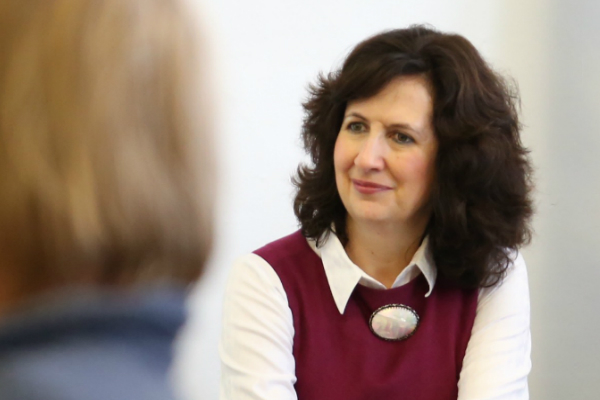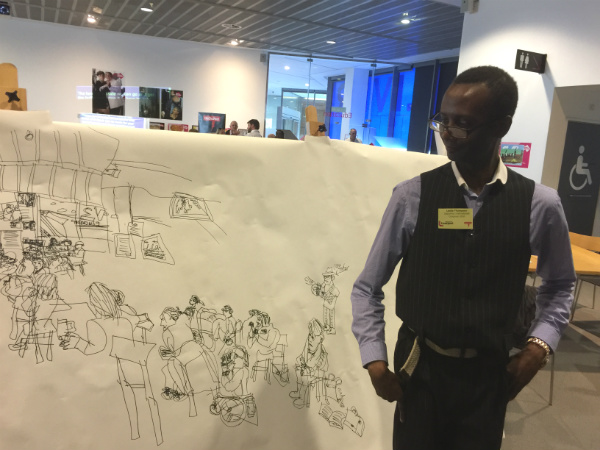
Photo: Jane Cordell
The government wants to halve the disability employment ‘gap’.
The Work and Pensions parliamentary committee held an enquiry earlier in the year. The All-Party Parliamentary Group (APPG) on Disability looked at the issue in the summer from the angle of business and self-employment. I was involved in both.
Today, 7 December 2016, the APPG will launch its report, ‘Ahead of the arc: a contribution to halving the disability employment gap’ with the support of Disability Rights UK. As I write, the report is embargoed but, based on the evidence sessions in which I participated, it will be likely to make constructive suggestions which will help shift the way disability and business are viewed and pull no punches as regards the challenge involved in doing this. I am delighted to be joining the panel which will respond to MPs’ questions at the launch event.
Over the past couple of weeks I have been asking people’s views so that what I say on 7 December is based on lived experience. Here are a couple of the ideas:
- Access to Work needs a much better understanding what running a business is like and recognize the diversity and unpredictability of this. Formulaic ‘cut off’ definitions (profit in the first year – did Richard Branson achieve this? I think not) help nobody.
- Workers with serious life-long (chronic) mental health conditions require sustained support in the same way that e.g. a deaf person does. Offering e.g. a few weeks’ support to someone with such a condition, then putting them through further assessments – as if their condition will magically dissolve in a few weeks– is demeaning and risks alienating the people concerned, setting them up to fail.
- Having Access to Work at the DWP (Department of Work and Pensions) links disabled people inextricably with ‘benefits’. Access to Work is not a benefit. It is an employment enabler similar to the many types of support, financial and otherwise provided to businesses. Access to Work should be operated from the Business, Energy and Industrial Strategy department. One advantage of this would be that Access to Work’s miniscule budget would be seen as such in the context of the Department’s multi-billion pound one.
Productivity is a huge issue for the UK, social as well as economic. Getting people into work makes them happier and reduces a range of state costs associated with isolation and exclusion including healthcare. Disabled people are not in a separate category of human being – we are part of this and should be treated as if we are.

The photo above is of talented artist, Leslie Thompson who developed his skills at Venture Arts, a charity which encourages learning disabled artists. Leslie is standing by a picture he was in the process of drawing during DaDaFest’s international congress in Liverpool. Leslie has sold many of his pictures and is in increasing demand at events such as DaDaFest.
The question is could an emerging talent such as Leslie, receive Access to Work support in future? Is there the flexibility to recognise the work of an artist whose income will, like all artists, be in the form of irregular one-off payments?'